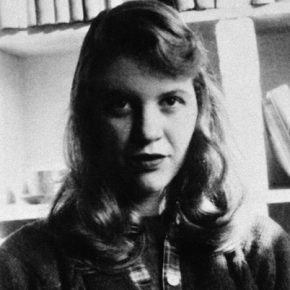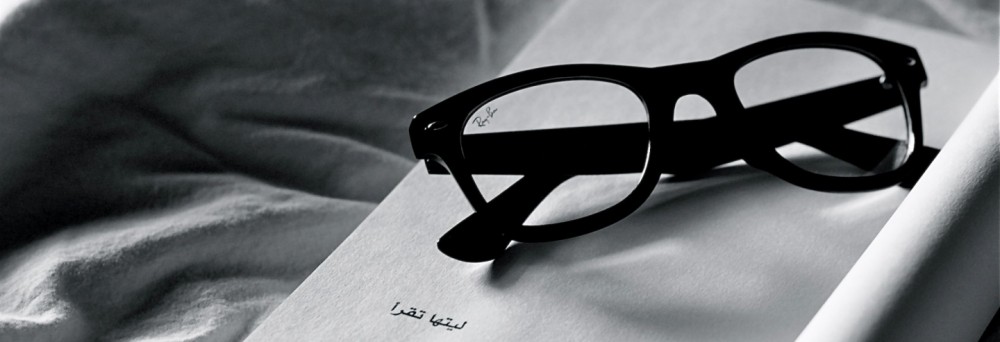This poem by Sylvia Plath was written two weeks before she committed suicide:
Child
 Your clear eye is the one absolutely beautiful thing.
Your clear eye is the one absolutely beautiful thing.
I want to fill it with color and ducks,
The zoo of the new
Whose name you meditate —
April snowdrop, Indian pipe,
Little
Stalk without wrinkle,
Pool in which images
Should be grand and classical
Not this troublous
Wringing of hands, this dark
Ceiling without a star.
I think the beginning of this poem really captures the innocence of childhood; when your life is free of worries and cares, when everything is new and exciting, and when the world is magical, ‘grand and classical’. So to Plath, in the sea of depression she finds herself lost in, her child ‘is the one absolutely beautiful thing’; perfect, pure and untainted. By wanting ‘to fill it with color and ducks’, she not only wants to preserve her child’s innocence, but I think she’s also desperately wanting this child to be her salvation from the depression.
A child is a ‘stalk without wrinkle’, fresh and pure; years away from everything that blights adulthood. However, the ‘adult life’ we see in the final stanza is portrayed as a far more tumultuous one than the average adult will live. Plath’s journey through darkness is ‘without a star’; there is no light at the end of the tunnel and the ‘wringing of hands’ represents the absolute frustrated despair and desolation she lives through every day.
Although the poem is a documentation of the unequivocal love Plath feels for her children, at the same time, it is yet another terrifying record of Plath’s state of mind before her death.
